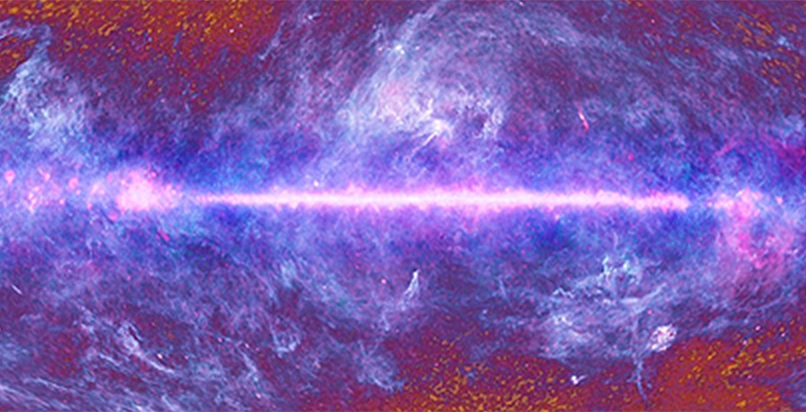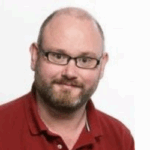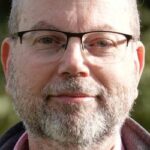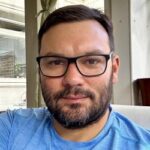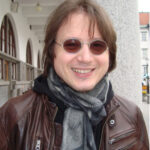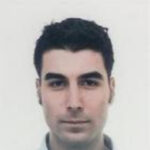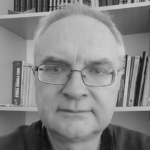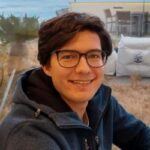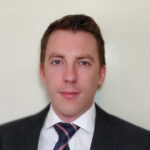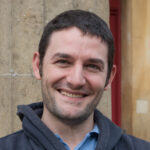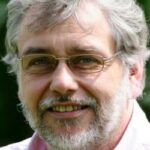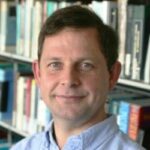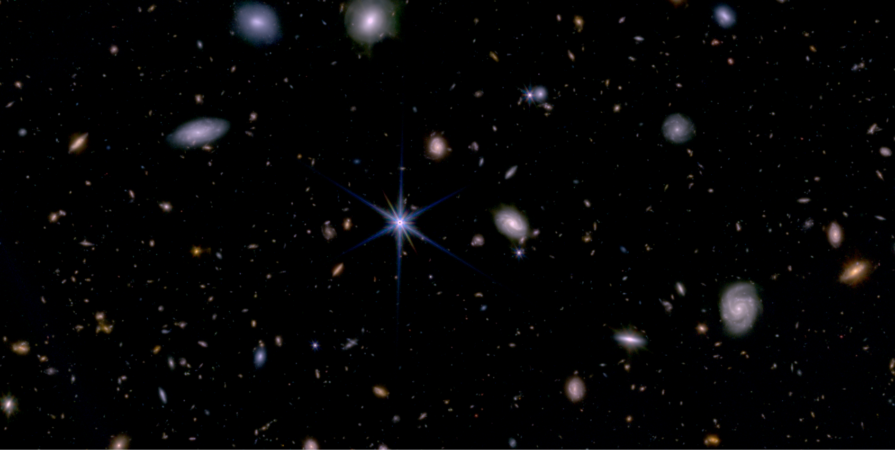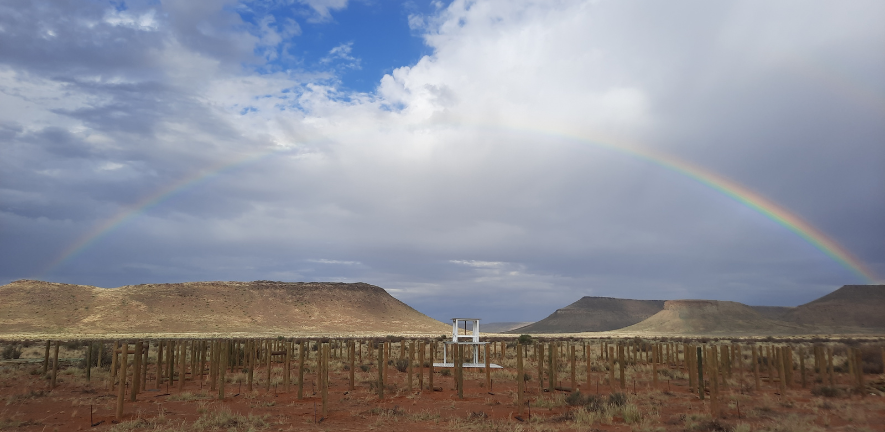Research areas
Radio astronomy, radio cosmology and exascale astronomy
We study the physics of the unknown infant Universe via observations of the 21-cm line from cosmic Hydrogen: the Dark Ages before the first light, the Cosmic Dawn, and the subsequent Epoch of Re-ionization, when the Universe transitioned from a mostly empty volume after the Big Bang to the realm of celestial objects we can see today from Earth. To do this we use radio telescopes and data analysis techniques of our own conception. We lead the REACH (Radio Experiment for the Analysis of Cosmic Hydrogen) sky-averaged experiment, seeking to understand when and how the first luminous objects in the sky formed and transformed the Universe. We have leading roles in other experiments like the Hydrogen Epoch of Reionization Array (HERA) or the Square Kilometre Array (SKA) amongst others. We develop our own radio instrumentation and apply that knowledge to other scientific and technological challenges. A particular research effort in this group is in Big Data radio astronomy with the SKA telescope and other large radio instruments. We also operate the Arcminute Microkelving Imager (AMI) telescope, located at our radio observatory at Lords Bridge, Cambridge (MRAO). More details.

Exoplanets
Our research team focuses on the detection and characterisation of extrasolar planets. We are also involved in the development of new instrumentation.
The team leads the leads the Leverhulme Center for Life in the Universe (LCLU).
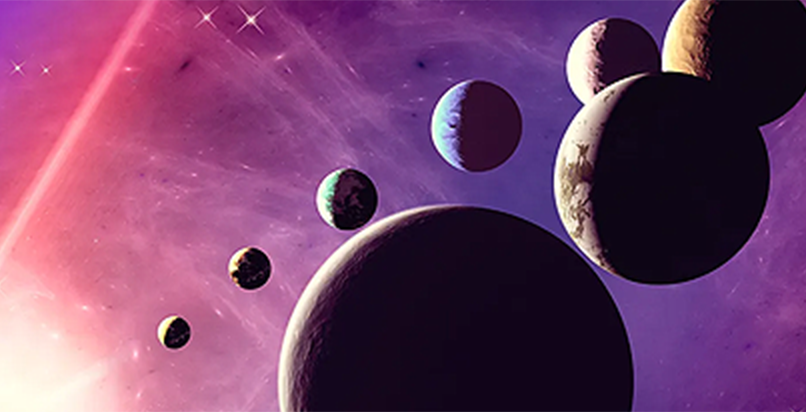
Galaxy formation and evolution
We study physical processes related to the formation and evolution of galaxies and black holes that range from small to large scales, from star formation and stellar evolution to cosmological gas accretion and the large-scale cosmic web. Our projects aim at detecting galaxies formed in the early Universe, characterising the galaxy population during the Epoch of Reionization and understanding the regulation of star formation through cosmic time. We adopt a multifaceted approach between observations and theory. We are using the most powerful telescopes on Earth and in space in order to make new discoveries. In parallel, we lead the development and analysis of numerical and analytical models to interpret our observations and to draw inspiration for new observational projects. More details.
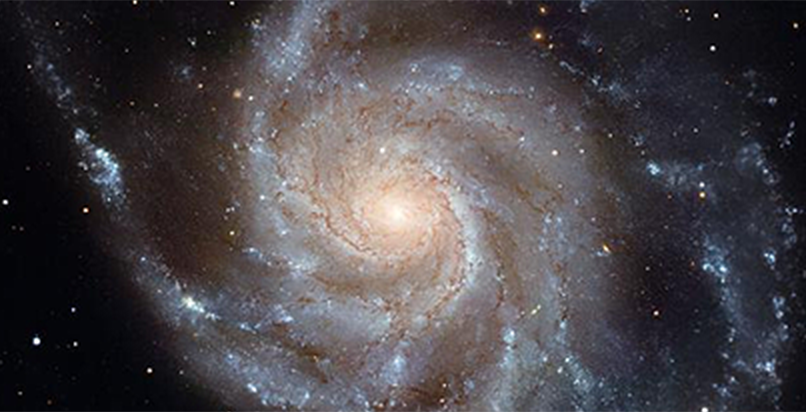
Optical and Infrared Instrumentation & Interferometry
Our team focuses on the design and construction of innovative astronomical instrumentation at optical and infrared wavelengths. We are world leaders in interferometric aperture synthesis imaging, and are leading the design and deployment of the Magdalena Ridge Observatory Interferometer in the US. We also develop spectrographs for the next generation of Extremely Large Telescopes. Our work thus spans both high angular and high spectral resolution and includes system engineering and optical, mechanical and software design.
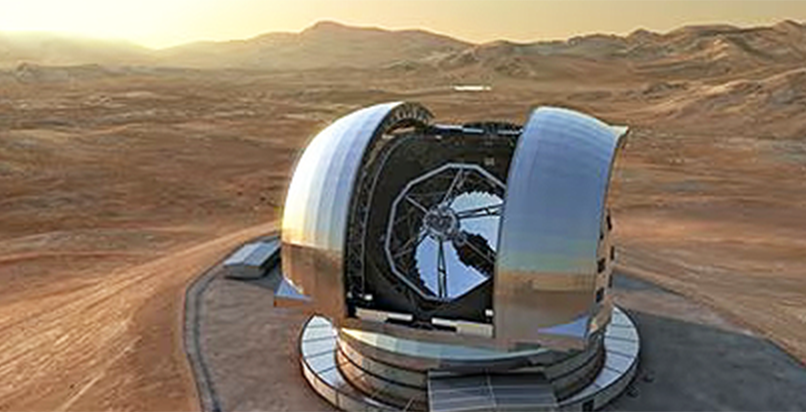
Theoretical cosmology, gravitational physics and the Cosmic Microwave Background
We work on topics in theoretical cosmology and astrophysics, as well as on advanced data analysis methods for cosmology. The active areas of research span inflationary cosmology to novel neural network methods, with a common theme of the confrontation of theoretical predictions with experiment, and the best way to carry this out. Topics addressed include Bayesian Evidence-based comparison of cosmological models and data sets, tests of predictions from modified gravity theories, gravitational wave template detection and analysis, and tests of inflation using data from the Planck Satellite. We also work actively on more theoretical topics involving the construction of modified gravity theories themselves, and the localisation of energy and spin in General Relativity.
